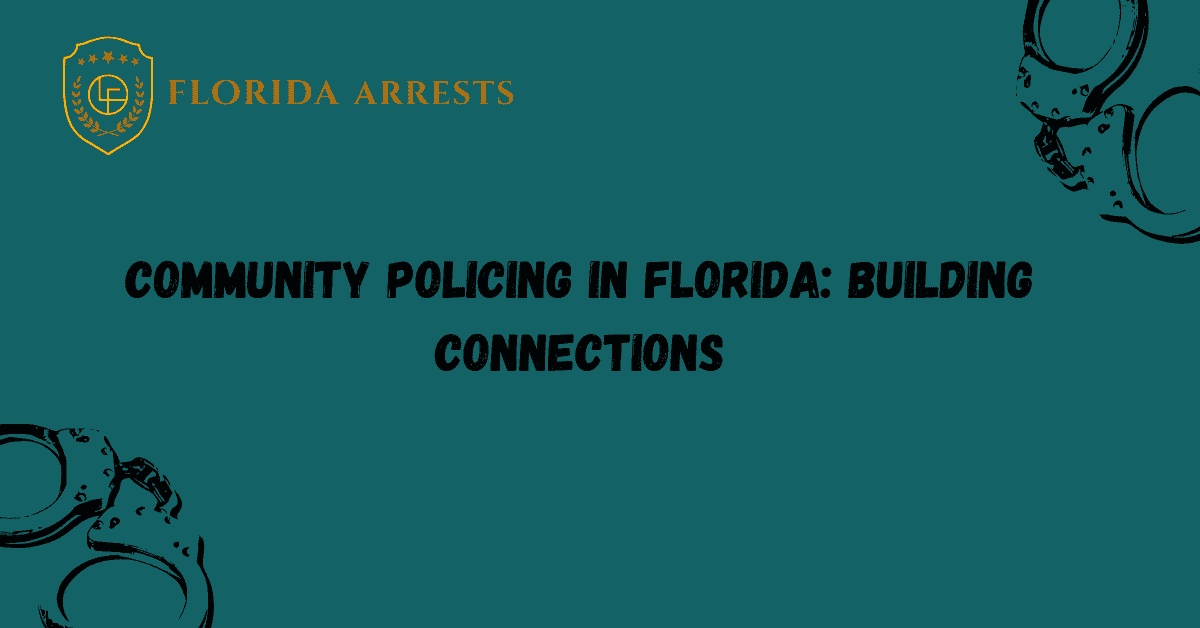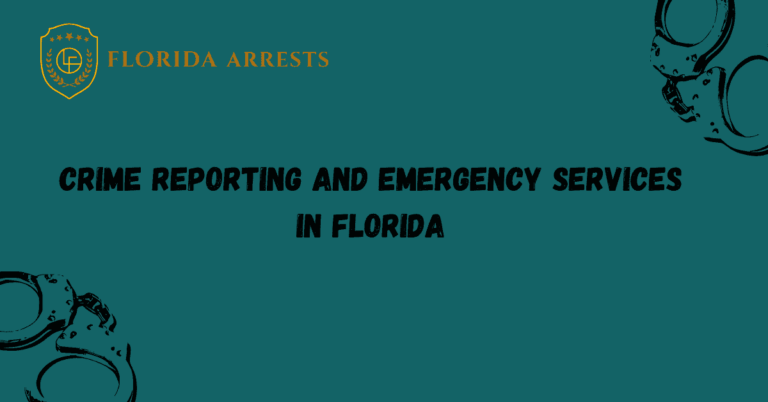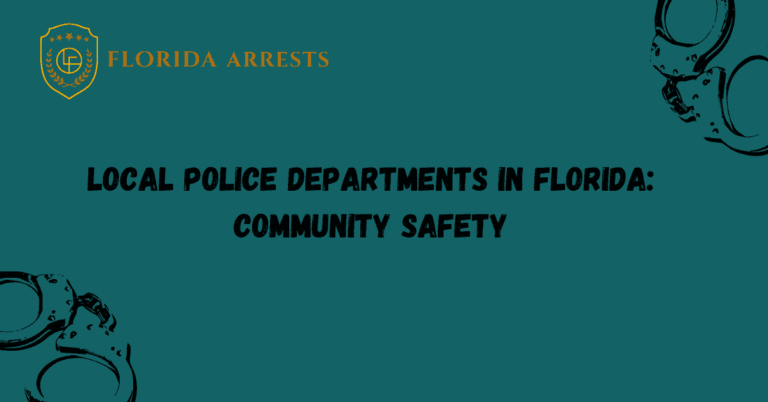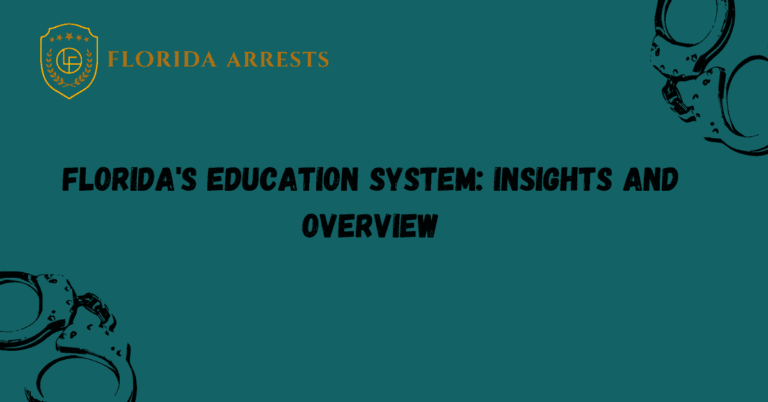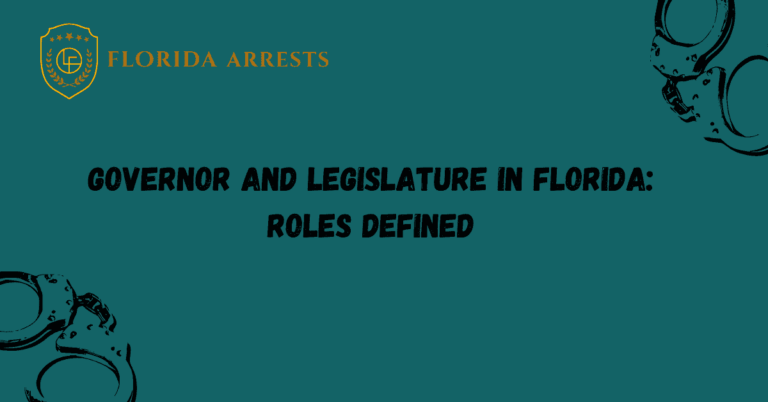Community Policing in Florida: Building Connections
Community policing is a vital aspect of maintaining safety and security in neighborhoods across Florida. By fostering connections between law enforcement officers and the communities they serve, this approach aims to create a sense of trust, collaboration, and mutual respect. Through proactive engagement and problem-solving strategies, community policing has proven to be an effective tool in reducing crime rates and improving overall quality of life for residents.
In Florida, the implementation of community policing initiatives has led to significant positive outcomes. By focusing on building relationships and establishing open lines of communication, law enforcement agencies have been able to gain valuable insights into the specific needs and concerns of the communities they serve. This allows officers to better address issues and provide tailored solutions that are rooted in a deep understanding of the local context.
Benefits of Community Policing
Community policing initiatives in Florida have shown numerous benefits for both law enforcement agencies and the communities they serve. By fostering connections and building trust, community policing creates a sense of safety and security for residents. This approach also encourages collaboration and mutual respect between law enforcement officers and community members, leading to a more effective and efficient response to crime and safety concerns.
Engagement and Problem-Solving Strategies
One of the key aspects of community policing is proactive engagement with the community. Law enforcement officers actively seek opportunities to interact with residents, attending community events, hosting neighborhood meetings, and participating in outreach programs. This engagement allows officers to establish open lines of communication, build relationships, and gain a better understanding of the specific needs and concerns of the community. By working together with community members, law enforcement can develop tailored solutions to address issues and solve problems effectively.
Reducing Crime Rates
A major goal of community policing is to reduce crime rates in neighborhoods across Florida. By actively engaging with the community and addressing concerns, law enforcement agencies can identify and target areas with high crime rates. Through collaboration and problem-solving strategies, officers can implement preventive measures and develop strategies to address the root causes of crime in specific areas. This targeted approach, based on a deep understanding of the local context, has proven to be effective in reducing crime rates and improving overall safety.
Improving Quality of Life
Community policing aims to improve the overall quality of life for residents. By working closely with community members, law enforcement officers can address not only crime-related issues but also other concerns that affect the well-being of the community. This may include addressing issues such as drug abuse, mental health, and neighborhood disputes. By providing tailored solutions and resources, community policing helps create a safer and more livable environment for residents, enhancing their overall quality of life.
Building Trust and Collaboration
Trust and collaboration are essential elements of community policing. By actively engaging with the community and establishing open lines of communication, law enforcement officers can build trust and credibility. This trust creates a foundation for collaboration between law enforcement and community members, allowing them to work together to address safety concerns and find solutions. By involving the community in decision-making processes and encouraging their active participation, community policing fosters a sense of ownership and shared responsibility for maintaining safety and security in neighborhoods.
FAQs
What is community policing?
Community policing refers to a collaborative approach between law enforcement agencies and the community to address public safety issues. It involves building relationships, fostering trust, and working together to solve problems.
How does community policing work in Florida?
In Florida, community policing is a key strategy used by law enforcement agencies to enhance public safety. It involves officers actively engaging with community members, attending meetings, and partnering with local organizations to address specific needs and concerns.
What are the benefits of community policing?
Community policing has numerous benefits, including improved relationships between law enforcement and the community, increased trust, enhanced crime prevention and problem-solving abilities, and a safer and more cohesive community overall.
How does community policing build connections?
Community policing builds connections by encouraging open communication, collaboration, and mutual respect between law enforcement and community members. It promotes understanding, empathy, and shared responsibility for public safety.
Are there any successful community policing initiatives in Florida?
Yes, Florida has seen several successful community policing initiatives. Examples include neighborhood watch programs, community outreach events, youth mentoring programs, and partnerships between law enforcement and community organizations.
How can individuals get involved in community policing efforts?
Individuals can get involved in community policing efforts by participating in neighborhood watch programs, attending community meetings, volunteering with local law enforcement agencies, and reporting any suspicious activities or concerns to the authorities.

